Autel Evo Nano drone review: this sensational mini drone is coming for DJI's crown
The new Autel Evo Nano drone weighs less than 250g and shoots sharp-as-a-tack 4K video and exquisite 48 megapixel stills. Here's our review
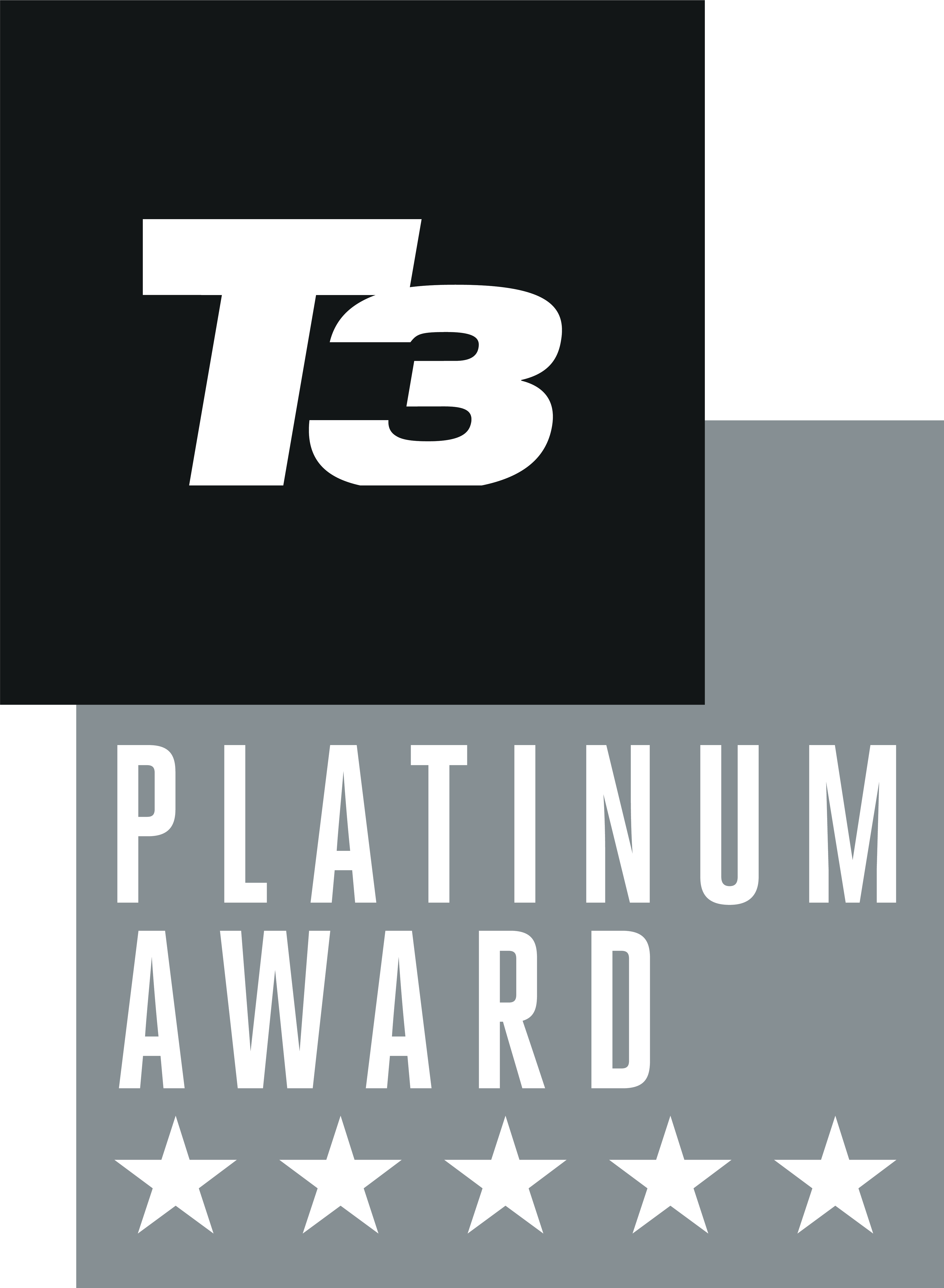
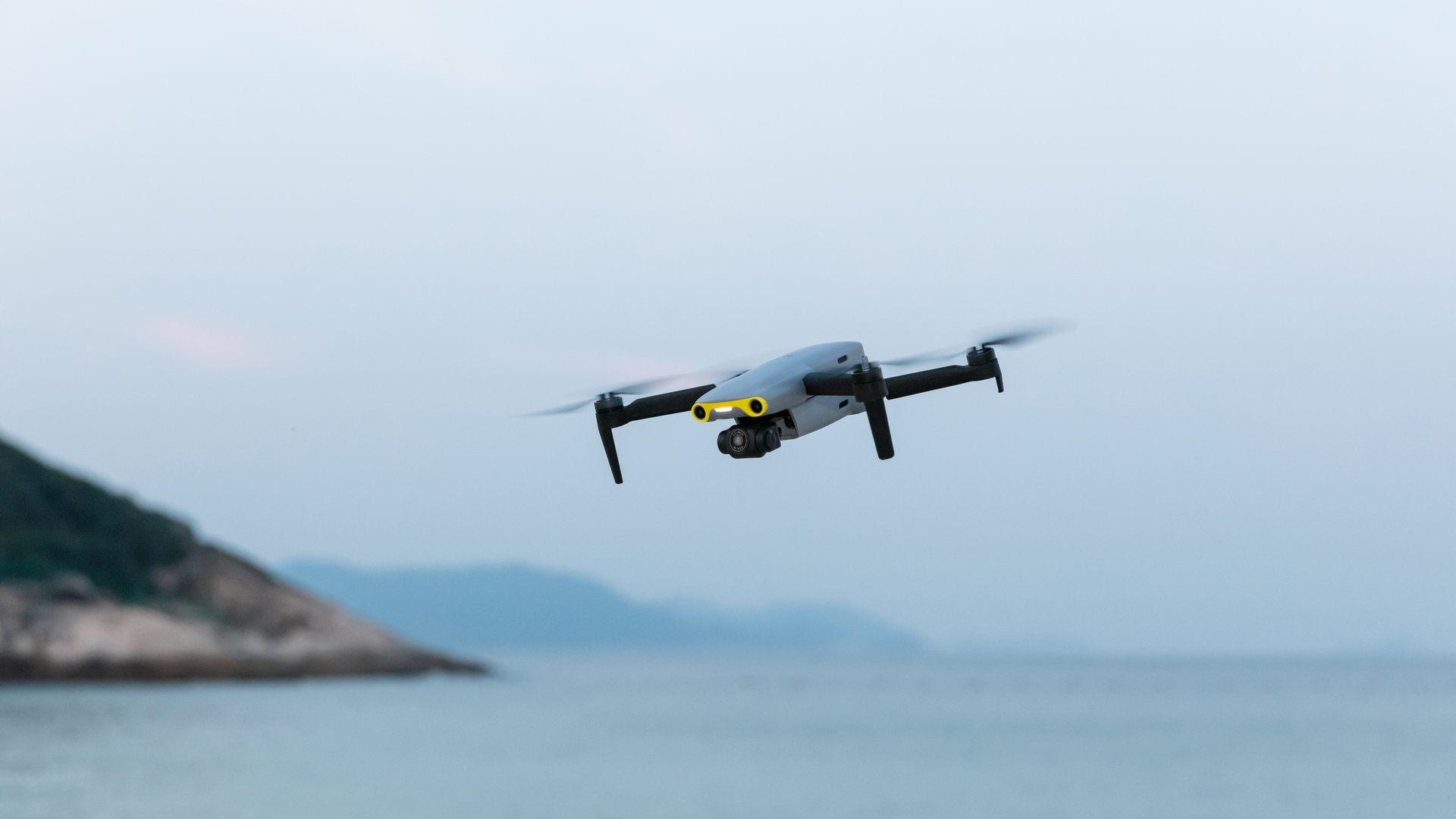
The pocket-sized Autel Evo Nano is the first small consumer drone we've seen that's capable of giving DJI a thoroughly good innings. At just 249g, this little bird is equipped with a 1/2-inch camera for ravishing 4K footage and 48 megapixel stills, plus three-way obstacle avoidance for added in-flight safety. It's the first non-DJI camera drone to win a full five-star accolade. And deservedly so.
-
+
Excellent camera with 1/2-inch sensor
-
+
Superb 4K video
-
+
Ravishing 48MP stills
-
+
Three-way obstacle avoidance
-
+
Under 250 grams
-
-
Not the fastest top speed
-
-
Firmware update a bit glitchy
Why you can trust T3

- Buy Autel Evo Nano from Autel
- US: Preorder at Adorama / BH Photo Video
Welcome to T3's review of the exciting new Autel Evo Nano, one of the best sub-250g drones money can buy. It launched in January 2022. As you can gather from our guide to the best camera drones – and pretty much every other drone guide on the internet for that matter – DJI has the high-end consumer drone industry in its pocket. With so many brilliant drones in its roster, is it any wonder why so many other manufacturers have failed so miserably to make a dent in its market share?
Parrot, 3DR and GoPro were three such companies that produced consumer drones aimed at DJI’s patronage. While the Parrot Anafi (still on sale) and 3DR Solo proved to be very decent contenders armed with some unique features, they still failed to dislodge the behemoth. The GoPro Karma, meanwhile, suffered from a hideously ill-timed launch and, more importantly, poor reliability. There was also a slew of Crowdfunded contenders – including the much-hyped Lily – but they too collapsed along the wayside.
You see, in order to take on DJI fairly and squarely, a company needs to design and build a drone that’s as good, if not better; a drone equipped with an excellent camera (usually the weakest link), a rock-solid flight controller and transmitter, an exceptional app and some decent autonomous flight modes. It also needs to pitch in at the right price point.
Well I think I’ve found that drone and it’s called the Autel Evo Nano. At a smidge under 250g, this little DJI antagonist comes in at roughly the same weight and size as the DJI Mini 2, meaning it can be flown on the most basic Open A1 and A3 Class license and with fewer restrictions. But that’s not all because, despite the low weight, Autel has managed to squeeze in three-way obstacle avoidance, a camera with a bigger 1/2-inch sensor, reliable flight characteristics and a mini smorgasbord of autonomous flight functions. You can even record ambient audio on your phone while the drone’s in the air. All of these features make it one of the very best drones for beginners, as well as being an incredible choice for more seasoned fliers.
There’s a lot to love about the Autel Evo Nano, so let’s not waste any more time and immediately get down to the meat and two veg. Here's my full Autel Evo Nano review. You can also see how it stacks up against its two most obvious DJI competitors in our Autel Evo Nano vs DJI Mini 2 vs DJI Mavic Air 2 face-off.
- Looking for a toy drone instead? Here are the best kids drones
- Too pricey? Check out the best cheap drones around instead
Autel Evo Nano drone review: price, models and availability
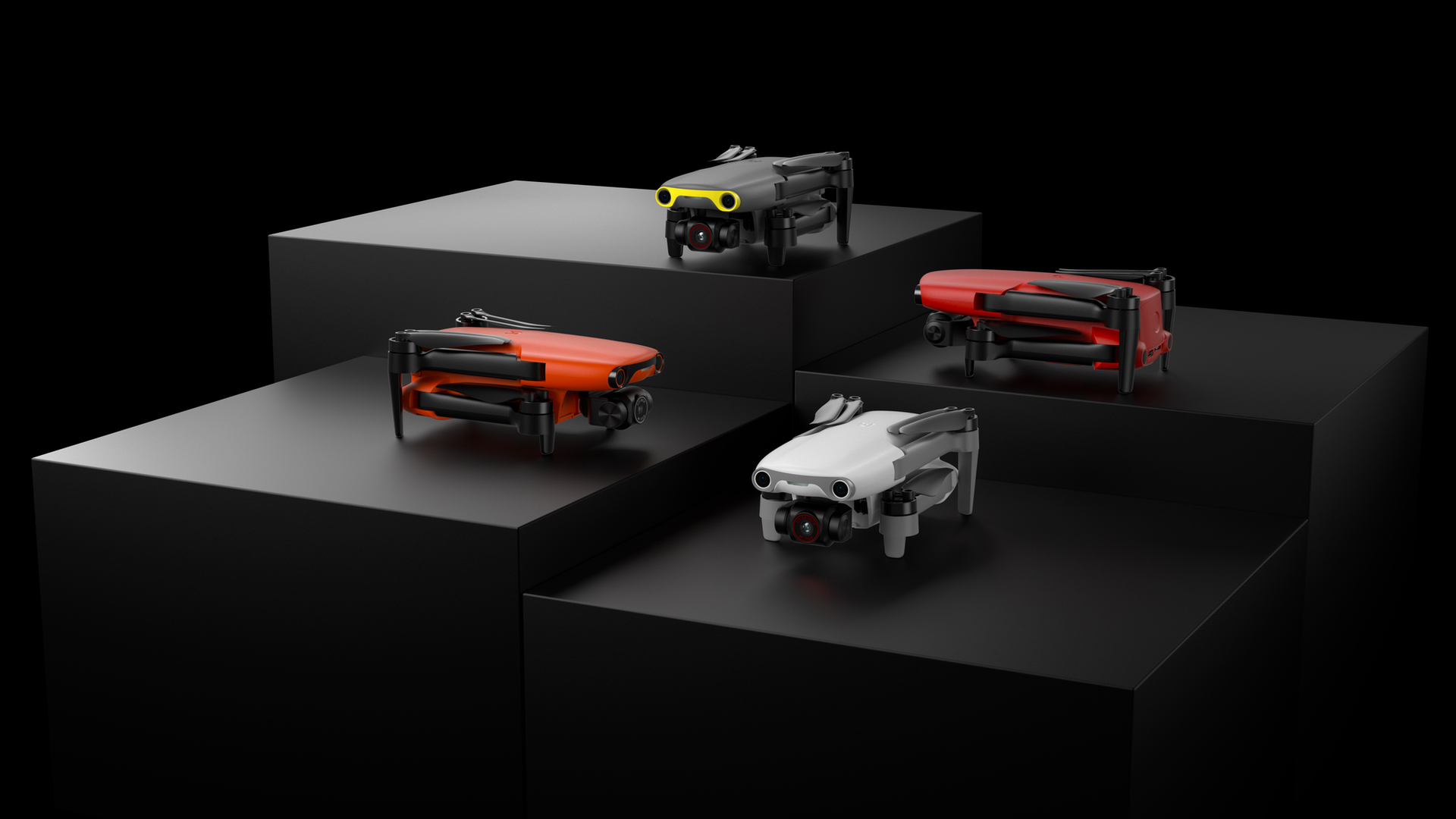
The new Autel Evo Nano is available in two variants: the standard Nano with 1/2-inch camera sensor and the Nano+ with one-inch sensor
The first thing I should point out is that the Evo Nano is available in two different variants. The standard Nano model we’re reviewing here. Head to our Autel Evo Nano Plus review for a look at the model up, which is the same drone but with a camera equipped with an even bigger 1/1.28-inch (0.8-inch) sensor (and a wider aperture) for improved low-light shooting.
For the basic package, the standard Evo Nano has a list price of GBP £649 / USD $799. If you want to upgrade that camera, at full price, the Evo Nano+ standard package will set you back GBP £799 / USD $949. At time of writing, the Evo Nano was not available in the US – Autel tells us it'll be dropping onto its web store around May time. The Nano+ is already available to buy, though.
Get all the latest news, reviews, deals and buying guides on gorgeous tech, home and active products from the T3 experts
There are also two other larger models in the Autel roster to run alongside the company’s already-established larger-scale Evo drone which you can read about in our guide to the best camera drones. They are called the Evo Lite and Evo Lite+ (again, it's only the Lite+ currently available in the US, with the Lite scheduled to drop along with the Nano around May 2022 time).
The Evo Lite has the same sized camera sensor as the Evo Nano+ while the Evo Lite+ has an even bigger one-inch sensor like that on the T3 Award-winning DJI Air 2S, our favourite drone of all. All drones in the Evo roster fold up for easy transport and storage.
We’ll also get round to doing a full comparison between the Autel Evo Nano and the DJI Mini 2 in due course, but in the meantime here follows a slew of reasons why you might wish to purchase an Autel Eco Nano instead of a DJI Mini 2 or even the bigger and more expensive Mavic Air 2.
Autel Evo Nano review: design and features
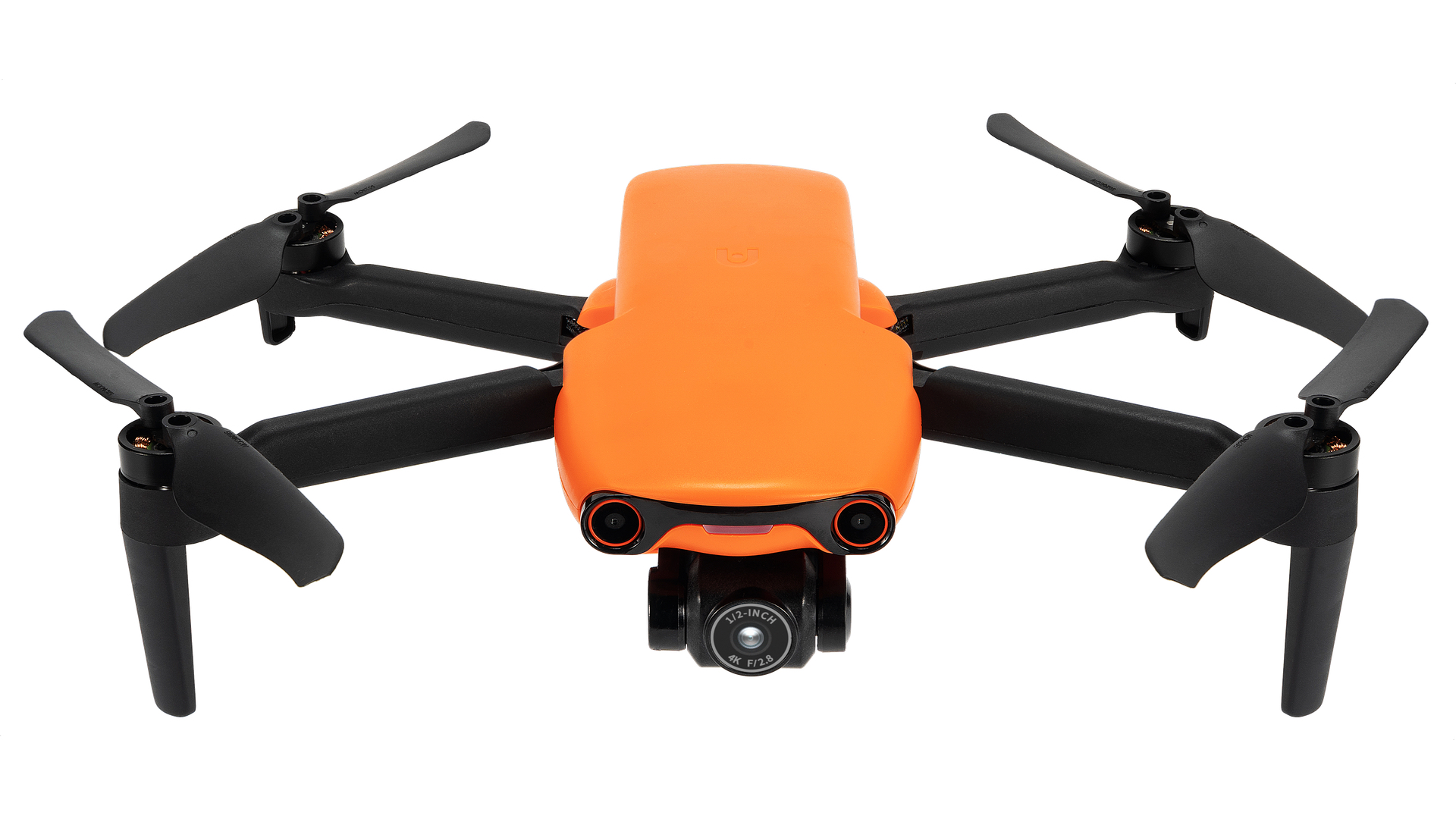
The Evo Nano weighs just 249g and that means that, like the DJI Mini and Mini 2, it can be flown in more places than drones above the 250g weight limit. This is a key selling point because most of us are casual users who only fly occasionally when, say, on holiday, away for a weekend or shooting a family gathering. The last thing we want to do is have to jump through complicated legal hoops just so we can occasionally fly in areas considered a bit more ‘dangerous’.
The Evo Nano is 142×94×55mm when folded; a mere 4mm longer than the Mini 2. But at 260×325×55mm when unfolded, it has a considerably larger wingspan which you could argue gives better stability in wind (like the Mini 2, the Evo Nano is rated at Level 5 for wind resistance).
To be honest, you’d be hard pressed to tell the difference between the Nano and DJI Mini 2 even when on the ground, let alone in the air. They are both very similar in design through the Evo Nano’s rear propellor arms fold back horizontally rather than vertically (a bonus if the obstacle avoidance is off and you reverse into a tree).
Build quality is perfectly acceptable for this price point though the Nano’s plastic construction does feel a tad thinner than that used on most DJI drones. Nevertheless, the Evo Nano feels so light in the hand it will probably survive most crashes, unless of course it’s flown straight into a wall in Sport mode.
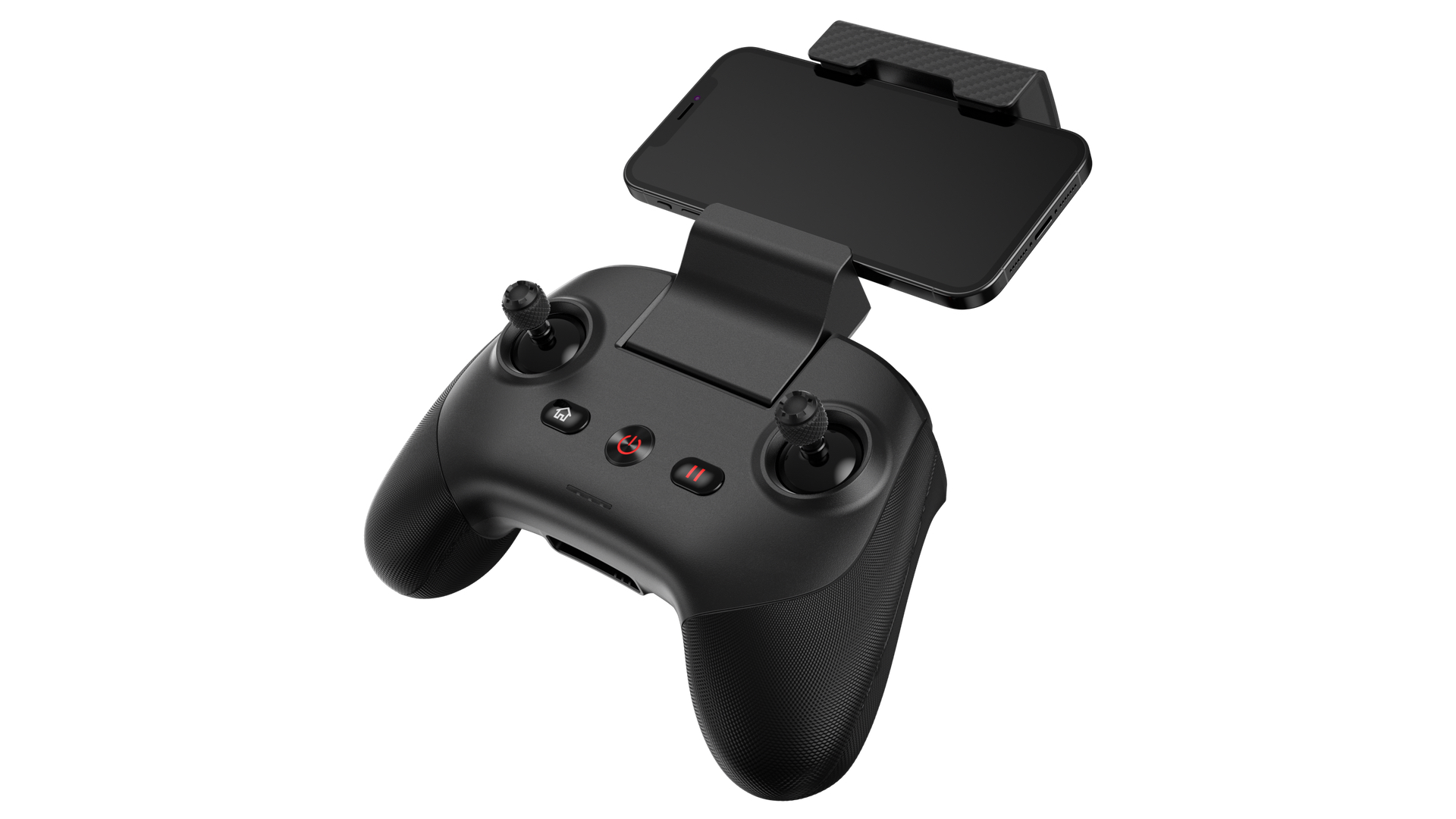
Like any modern drone, the Autel Evo Nano ships with a hand controller replete with cradle for plugging in a mobile phone so you can view the scene from the drone’s camera along with a wide range of inflight stats. The Evo Nano’s hand controller feels reassuringly weighty and extremely comfortable in the hand, and it’s not as brick-like as the DJI Mini 2’s. It’s equipped with all the right buttons, too, including return to home, a dedicated button for image and video taking, and a fantastically smooth and beautifully-dialled gimbal controller. However, where DJI controllers have a space for storing the joysticks during transport, this model doesn't so you'll need to remove the sticks before putting the controller in the supplied bag and store them in the bag's zipped compartment.
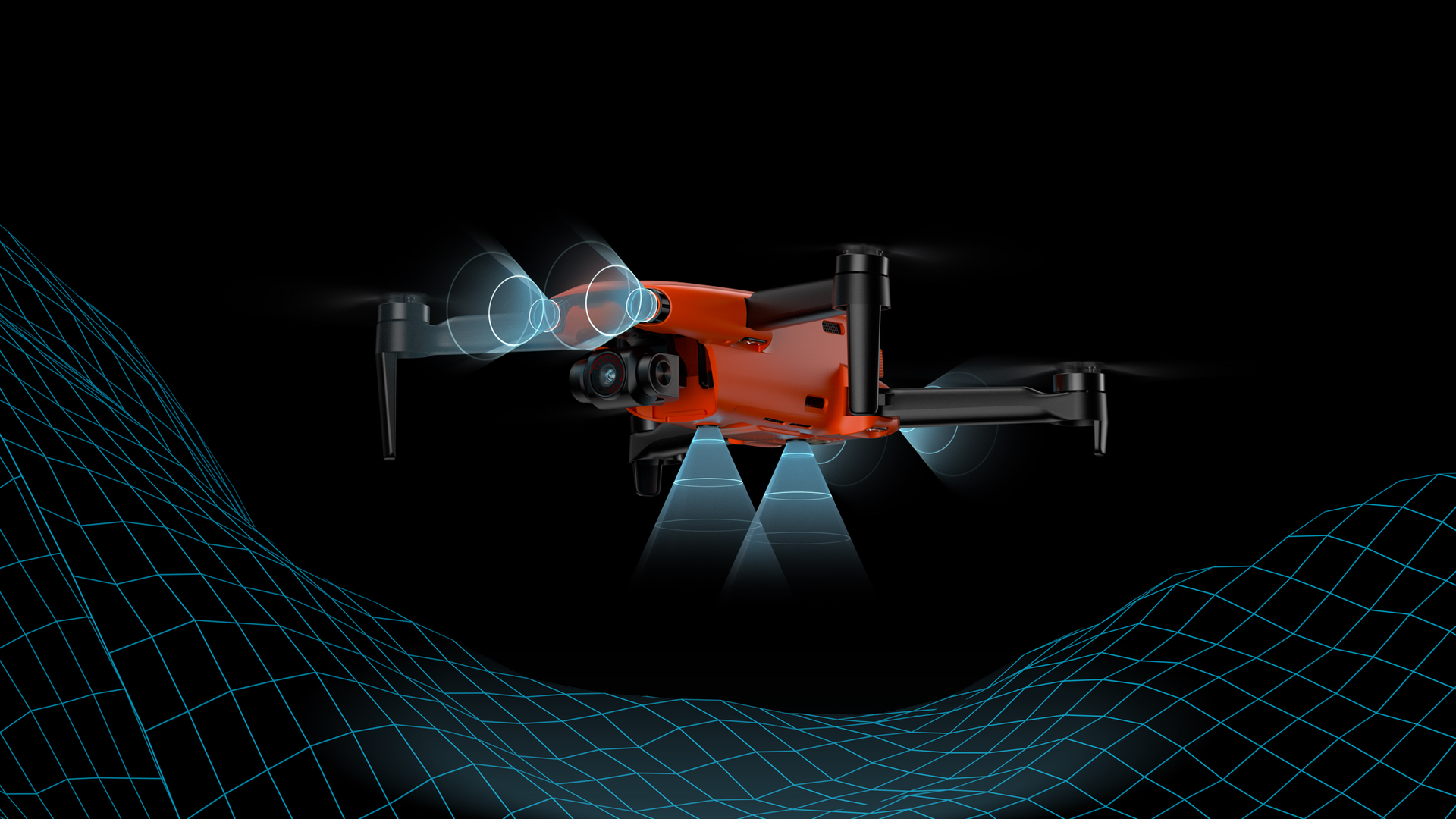
The Autel Evo Nano features three-way obstacle avoidance
Given this drone's very low weight, I'm scratching my head trying to work out how Autel’s genius R&D bods managed to squeeze in three-way obstacle avoidance – downward, forward and rearward – without exceeding the 250g weight limit. Another cool thing is the way it warns you on the phone screen by showing the distance to the object in front or behind. Very handy. When it’s eventually launched, the next DJI Mini 3 will probably also have three-way obstacle sensing, but Autel’s beaten them to it in this instance.
The Evo Nano Premium Bundle we're reviewing here is available in four colours – orange, grey, red and white – and ships with a free 32GB card, three batteries, a multi charger, spare props and a well-made carry case to hold it all.
Autel Evo Nano review: app
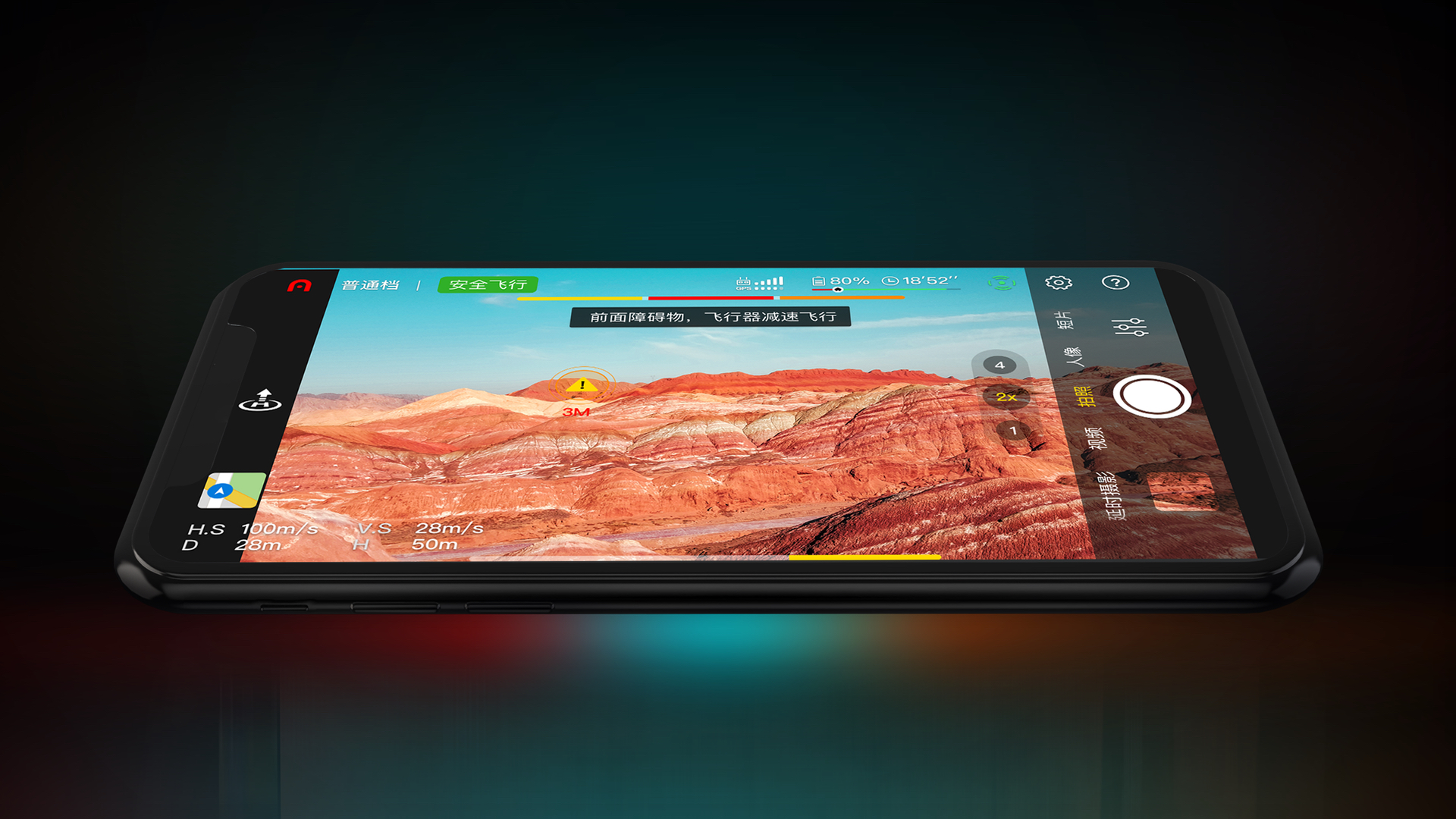
The Evo Nano sports up to 2.7K video transmission direct to your phone
The Autel Sky app is a breeze to use and very well thought out. While in flight it provides GPS and video transmission info plus access to the camera settings and all flight parameters, including return to home altitude, the maximum distance you’d like to set for yourself and gimbal control. However, the camera settings are pretty basic. Yes, you can opt for manual mode and tweak shutter speed, ISO and exposure but there are no options for changing the colour settings. Mind, the default colour setting is good enough for most of us.
The app also allows for instant exposure lock simply by tapping on a section of the image streaming from the nose-mounted camera – tap on a dark section and the images brightens, and vice versa. You can also swipe up on the screen to hide all text so you have an uncluttered image to fly by.
Autel Evo Nano review: setting it up
Set up of the drone was surprisingly easy and initially it went without any hiccups. I only had an issue when trying to update the firmware but I put it down to user error in this instance. To be honest, most drones I’ve used, DJI included, have had a problem or two when downloading firmware updates so the Evo Nano is no worse in that respect.
Autel Evo Nano review: camera performance
You can have the best flying drone in the world with a full compliment of bells and whistles but if the camera’s not up to scratch you may as well just leave it in the box. Thankfully the little Evo Nano excels in this department – and in a big way. The camera is married to a 3-axis gimbal for image stability and fitted with a very efficient 1/2-inch CMOS sensor capable of shooting 48-megapixel stills and video in a number high resolutions – 4K at 30 frames per second, 2.7K at up to 30fps and 1080p at up to 60fps. It also sports three HDR modes for further visual clout, a Portrait mode that blurs the background and 4x click zoom for scouting.
Straight out of the box, the video in my first test video (see link above) blew me away with its sharpness across the frame, its depth of colour and rock-steady stability. The first flight was in cloudy weather and no drone on earth can make a silk purse out of a sow’s ear when it comes drab lighting. But when the sun peaked through the clouds, the 4K image went pop. For a drone of this size and weight I was more than happy enough with the results which, expectedly given the larger sensor, were a tad better than what I’ve seen from the DJI Mini 2. Heaven knows what the Nano+ with its even bigger sensor can do.
Autel Evo Nano drone review: flight performance
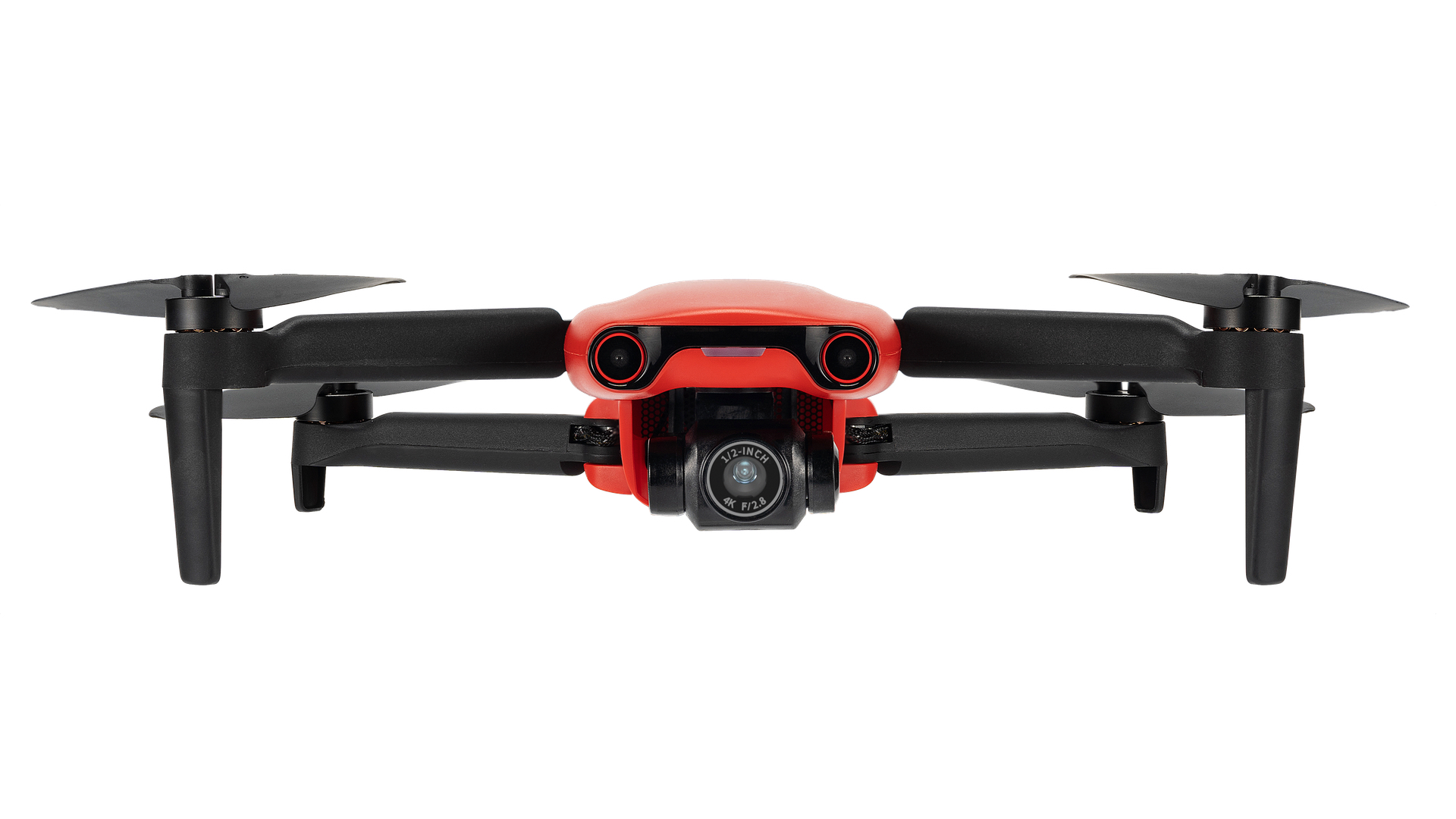
For the very first time since flying numerous DJI drones, I’ve found a model that didn’t give me the heebie jeebies on its first flight. It was quite windy on the day and the titchy Autel Evo Nano performed exceptionally well with zero issues. In fact, it felt as smooth and reliable as any model in the DJI roster.
I was also impressed by the clarity of the visual feed on my iPhone 11 which was crystal clear and with no glitches or dropouts when flown line of sight. Amazingly, its live view quality is way above the Mini 2’s 720p – at up to 1km it’s a magnificently sharp 2.7K and over 1km it’s a not-too-shabby 1080p. For those out in the sticks or anywhere the official line-of-sight rule doesn’t apply, the Nano has a transmission range of 10km (six miles), the same as the DJI Mini 2.
The Autel Evo nano has three main flight settings: Novice, Standard and Sport. In Novice mode it has a stately top speed of 11mph, in Standard it’s 22mph and in Sport it’s 29mph (following a spec downgrade from 33mph). Bear this in mind if flying in a stiff breeze or the Evo Nano may struggle to make any progress and that will just make you panic. The Evo Nano can be flown in temperatures as low as -10˚C which is perfect for winter flying.
On the battery front, the Evo Nano is capable of remaining aloft for up to 28 minutes at a time and that’s more than enough time for the majority of users. However it is three minutes shy of the DJI Mini 2's 31 minutes.
Autel Evo Nano review: autonomous flight modes
The Autel Evo Nano comes with a decent array of autonomous flight modes. Dynamic Track 2.1 automatically follows a moving subject, Rocket shoots a vertical ‘dronie’, Fade Away starts close to the subject before zooming off into the distance, Orbit performs a perfect circle around the subject and Flick tracks in towards a static subject before flicking around in the opposite direction. They are all simple to activate and make really difficult cinematic shots very easy to execute.
Autel Evo Nano review: Freewell All Day Filter Kit accessory
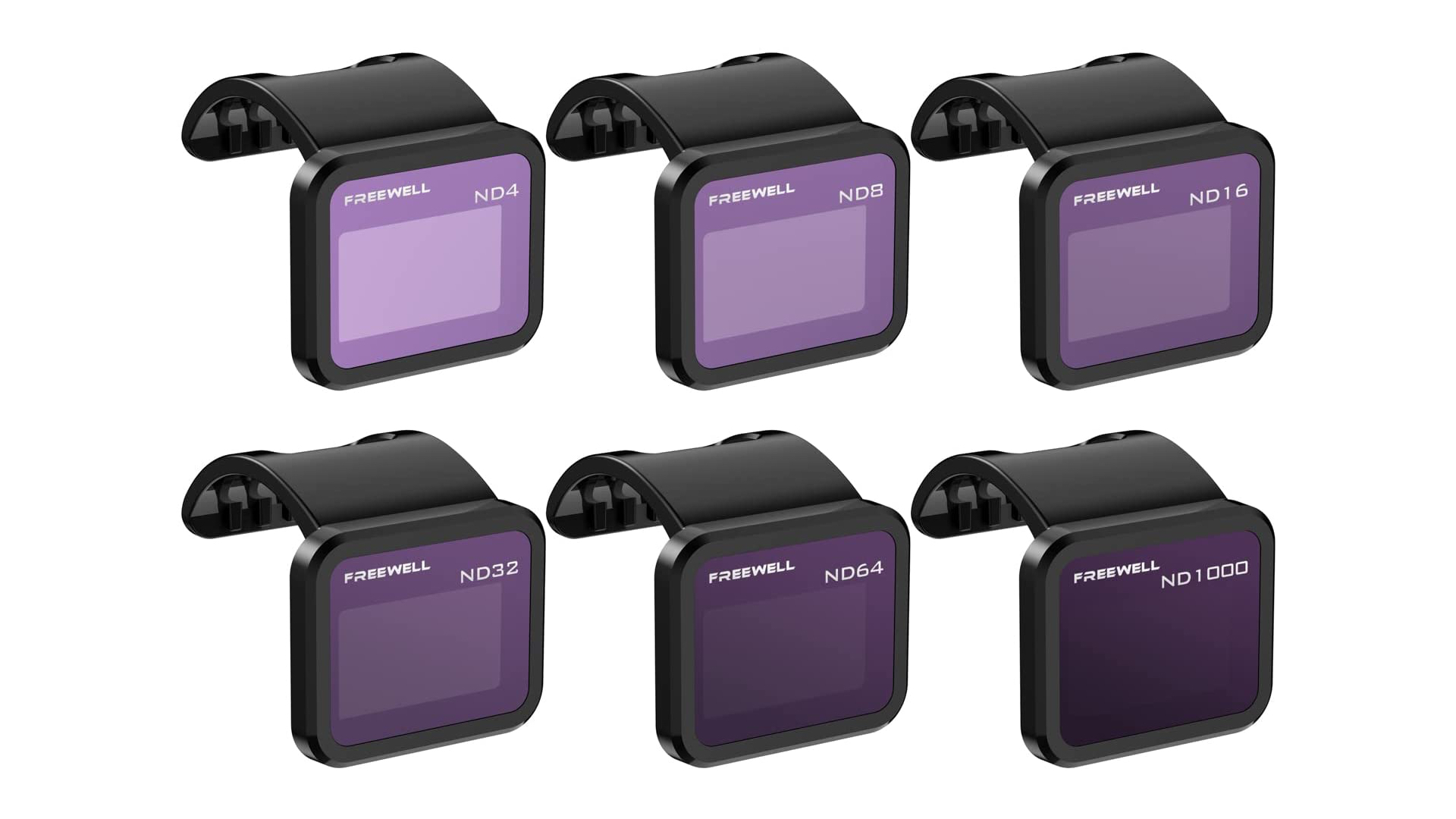
One of the most important accessories you can buy for your Autel Evo Nano drone is a set of snap-on Neutral Density filters from Freewell. An ND filter is like putting a pair of sunglasses on the drone’s camera and it’s far and away the best method to introduce natural motion blur in your footage. Without one, something weird happens to video shot from a drone when it’s moving low and slow in bright sunlight and its camera is angled towards the ground. What you’ll see is an annoying stuttering effect across the frame that ruins what would otherwise be a cracking tracking shot or sideways pan. The problem is too fast a shutter speed and it’s an anomaly that affects every drone camera, especially when tracking or panning close to a subject below.
Freewell’s All Day Filter Kit is available to buy from Amazon for £99.99 and it’s well worth the investment if you want to get the most out of the Evo Nano’s excellent camera. The All Day kit includes six ND filters – ND 4, 8, 16, 32, 64 and 1,000 – so it’s all you need to create naturalistic motion-blurred footage in all types of light, from overcast to the brightest, sunniest day. An ND filter will also protect the lens’s front glass element from damage. The super-dark ND1,000 filter is designed for aerial photography purposes and is the filter to grab when shooting running water using a very slow shutter speed.
Freewell also produces a Polarizer Filter (£21) that gives blue sky a deep, rich hue that may otherwise look pale and overexposed. This filter will also reduce glare from reflective surfaces like snow and water.
You can find out more about ND filters by checking out our 5 top tips to improve your drone video footage
Autel Evo Nano review: verdict
I never thought I’d see the day where I gave a full five stars to anything other than a DJI drone but the little Autel Evo Nano has impressed so much in so many areas that it’s a veritable shoo-in for anyone looking for a small lightweight drone capable of shooting sensational hi-res footage on a regular basis. A genuine contender for one of the very best drones of 2022.
- Buy Autel Evo Nano from Autel
- US: Preorder at Adorama / BH Photo Video
Derek (aka Delbert, Delvis, Delphinium, Delboy etc) specialises in home and outdoor wares, from coffee machines, white appliances and vacs to drones, garden gear and BBQs. He has been writing for more years than anyone can remember, starting at the legendary Time Out magazine – the original, London version – on a typewriter! He now writes for T3 between playing drums with his bandmates in Red Box (redboxmusic).
